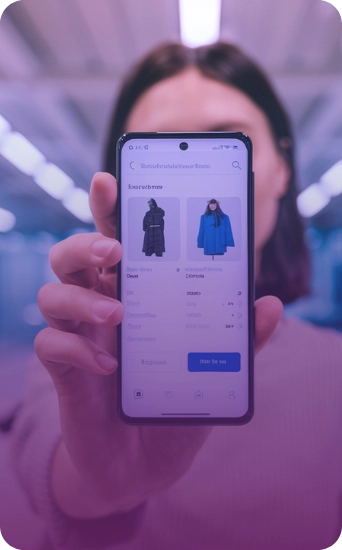Regarded as the main retail date, the expectation of buying for Black Friday 2024 is high, as 66% of Brazilians plan to take advantage of some offer, according to a survey by Wake, in partnership with Opinion Box. Boosting global commerce, the period demands solutions such as Full Commerce, which helps to professionalize the management of virtual stores, thus minimizing the amateurishness of e-commerce.
This year, on November 29th, Black Friday will be extended by weeks, with initiatives such as "Black Week" and "Black November" demanding agility in operations management. In fact, more than 30% of Brazilians started monitoring the price of products in July, which indicates early financial planning on the part of consumers in order to take advantage of excellent and significant offers.
The role of the marketplace in this context
Today, marketplaces are seen as the main destinations for customers in this period, which reinforces the growing digitalization of consumption and, above all, shoppers' preference for online channels in the search for the best deals.
The Confi report, in partnership with E-Commerce Brasil, indicates that more than 70% of online sales in the first half of this year came from marketplaces, whether specialized or not. This emphasizes consumers' preference for e-commerce, especially for high value-added products such as household appliances, electronics and telephony, given the wide assortment of products, which guarantees customers more time and possibilities within the platform.
In this sense, Full Commerce is a complete and effective solution, capable of optimizing digital strategies to strengthen the brand and increase sales, while meeting customer expectations in terms of speed, warehousing, receiving orders, picking, packing, delivery, customer service and customer support.
Advantageous or not?
Offering a panoramic view of the business, the model has specific advantages for the development of virtual stores, making them more efficient and scalable, especially during periods such as Black Friday.
Helping to reduce operating costs, the solution also has data that contributes directly to more assertive methodologies, as it monitors store performance, interprets valuable information and makes the necessary adjustments according to the target audience's buying behavior. In short, Full Commerce minimizes the complexity of the operation by identifying bottlenecks and looking for strategic resources that make a difference in delivery management, for example.
In fact, Full Commerce determines the success of e-commerce on the main retail date. Capable of connecting all ends of the online shopping journey, the methodology plays a crucial role in converting, attracting and retaining customers.
Is it worth investing in Full Commerce?
In order to maximize opportunities, executives who adopt Full Commerce as a strategic approach will be able to stand out and, consequently, win a significant share of the market during Black Friday. I advise retailers to invest in robust technological infrastructure, efficient logistics, personalized campaigns and, above all, to anticipate their demands in line with customer needs. Having a partner who specializes in Full Commerce enables a scalable 360 digital operation.
According to a survey by Opinion Box and Dito, 43% of consumers intend to spend more, which indicates that they will spend more than in 2023. This confirms a successful Black Friday, especially for retailers who invest in personalization, omnichannel, sustainability and technological innovation.
There's no doubt that Full Commerce is beneficial for companies, given the volume of online sales that this year's Black Friday is expected to generate. In fact, according to estimates by Neotrust Confi, consumption via e-commerce is expected to be 9.1% higher than last year, which is optimistic for the global economic scenario.










